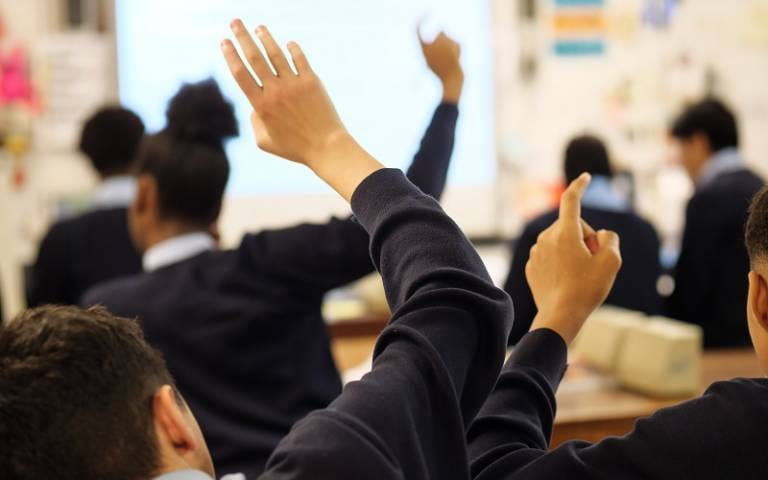David Lambert
As a geographer, I find it interesting that it is politicians and thinkers on “the right” who appear to speak for knowledge in schools. In fact, geography tends to do well under Conservative governments. However, for me, the question of what has happened to the idea of education in recent years is much more important, a question that transcends party politics.
Although the 2010 White Paper The Importance of Teaching frequently mentions “core knowledge” as the substance of an enduring national curriculum, it does so in a way that is broadly based. It is the essential knowledge, concepts and understanding of school subjects, it says; teachers should know “how to convey knowledge effectively and how to unlock understanding” (para 4.8). However, it is clear how influential ED Hirsch has been in establishing “core knowledge” in the contemporary education lexicon. This is especially so now that Civitas has published its curriculum and its Years 1 and 2 books on “what your child needs to know”. It is no secret that Michael Gove, the education secretary, is a Hirsch fan.
I first came across the idea in a book shop in Boulder, Colorado – in 1992. A whole section was dedicated to the series of books on “what your child needs to know”. It seemed to be pandering to parental angst about the failure of schools to teach properly and their need to top up the experience to ensure educational advancement for their children. This appeared to be the main attraction of “core knowledge”: as a silver-bullet solution to a deep-seated deficit model of state education.
I read more about it. Hirsch’s 1987 book, Cultural Literacy, describes a beguiling idea, with more to it than at first meets the eye. It makes sense that children need access to their national culture. Schools should teach a curriculum that takes children beyond what they already know and experience in their day to day lives.
As a geographer, I welcome the “knowledge turn” in schools. The story of the national curriculum since its introduction has been one of slimming down and reduction. Even if children experience lessons called geography, there are question marks about what makes it geographical.
What has replaced rigorous curriculum thinking (addressing the question of what we shall teach children) is the pedagogic adventure, wrapped up in some notion of “thinking skills” or “learning to learn”. I think it a wonder that children tolerate this at all.
However, what fuels the current core knowledge drive from government – at least in my subject – are questions such as: “Do 14-year-olds know the countries of Africa?” And statements like: “Children at 11 years old should know the rivers of England”. This is a shame, because it is mis-reads what Hirsch is saying. Thus, when I was told the rivers statement, all I could think of in reply was: “what, all of them?” It was meant as a light joke – but my serious point was: how many of the rivers of England would constitute a pass mark? Even more seriously: what do we mean by “know”?
Hirsch is brazen – and interesting – about this. Superficial core knowledge will do. It is almost as if Thames or Trent or Severn are simply words, to be used, more or less appropriately. The less you can do this with reasonable proficiency the less culturally literate you are – and the less enabled you are to converse, think and develop deeper, conceptual knowledge about … flood plains, electricity generation, transport, sewage disposal and so on.
My subject has a massive amount of potential “core knowledge” in this sense – every place name, feature, or wind pattern on Earth. We don’t need to know it all, but we do need to know some. It is embarrassing how little of this knowledge many children and adults seem able to draw on.
But perhaps core knowledge in the Hirschian sense holds less promise than its supporters allow. Like many ideas in education it gets over-invested in; we end up relying too heavily on it. I worry in particular about those lists!
I hope we can accept that geography (along with all subjects, surely) has its extensive facts. I hope we can hold this thought alongside the notion that our main priority in schools is to develop intensive deep knowledge (you may prefer “understanding”). I hope we can see that one feeds the other and that we need to teach them together. Core knowledge only becomes a problem if we marginalise it or ignore it as somehow low level or beneath us.
Geographers know what I am saying. “We can always look it up in at atlas” will not do, not if we want autonomous thinkers who know when they are being tricked. Knowledge does not exist in atlases or the internet. Knowledge only exists in the head.
 Close
Close




